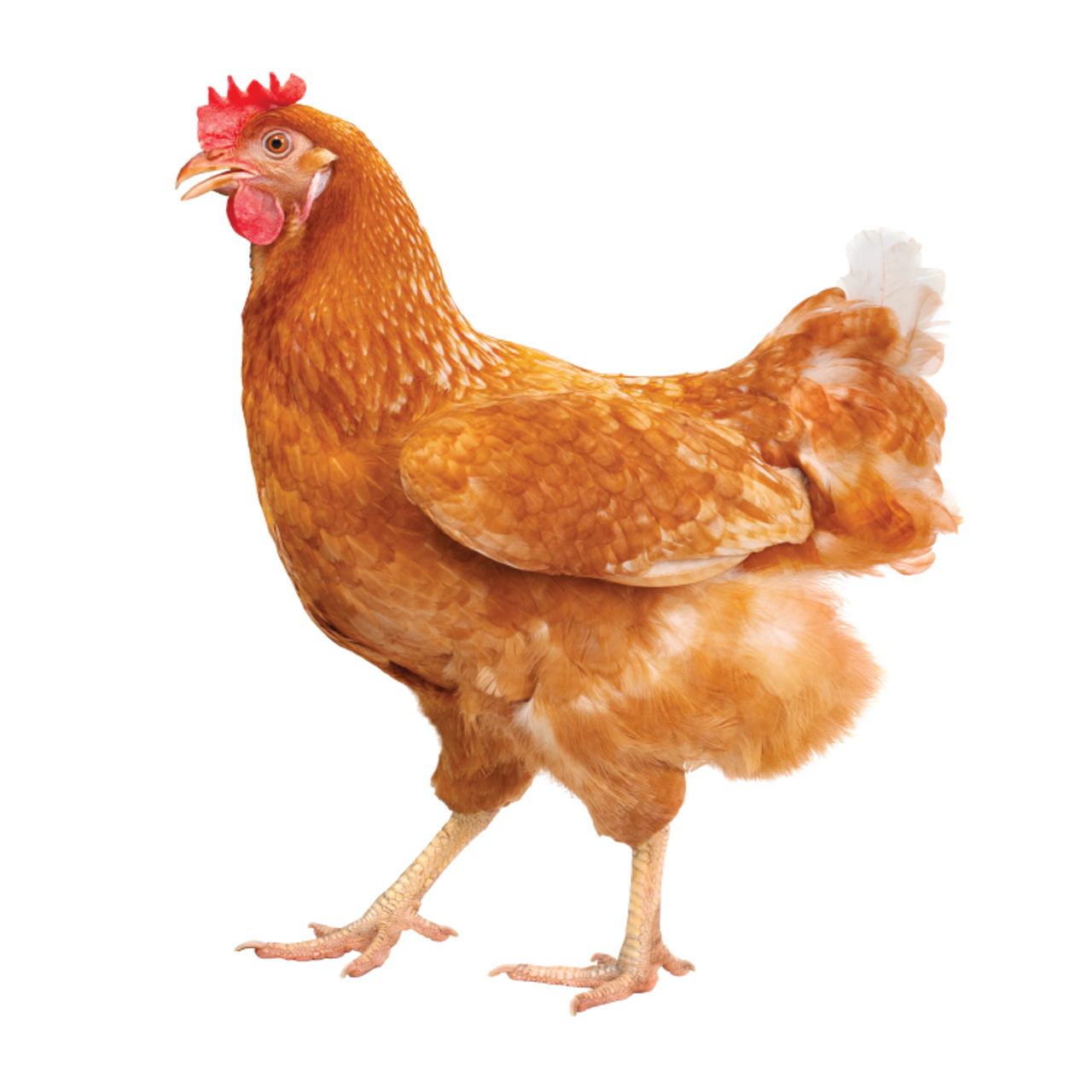Benefits of Feeding Mealworms to Chickens
Posted by The Fluker's Team on Apr 24th 2024
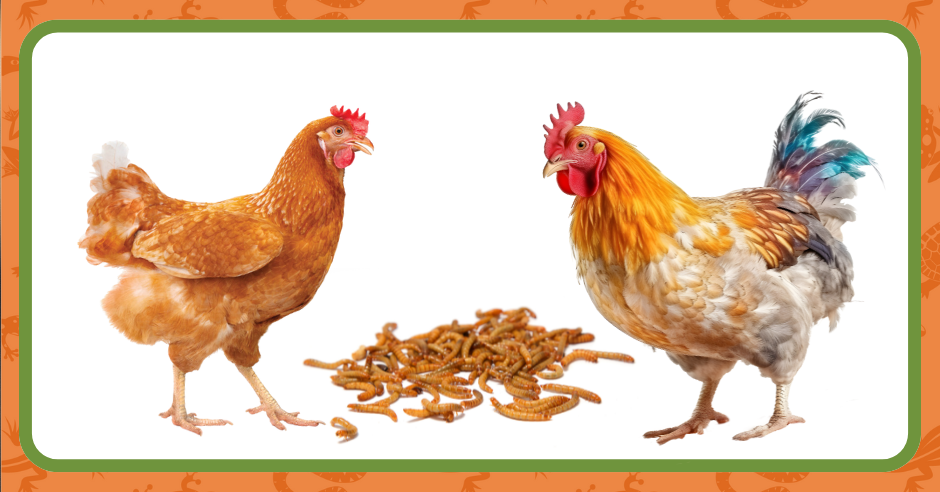
Raising chickens can be rewarding. You can enjoy fresh eggs and improve the well-being and happiness of your flock. One way to do this is by providing a balanced diet. This includes a variety of foods, one of which is mealworms.
Mealworms are a natural, high in protein food source that is considered environmentally friendly compared to soy and fish meals. They can be a beneficial addition to your chickens' diet, contributing to their overall health and productivity.
In this article, we will delve into the benefits of feeding mealworms to chickens. We will explore their nutritional profile and how they can enhance egg production and quality.
We will also provide practical tips on how to integrate mealworms for chickens into your chicken feed. Whether you are a seasoned poultry farmer or a backyard chicken enthusiast that likes to watch your chicken lay eggs, you will find this guide useful.
Understanding Mealworms as Chicken Feed
Mealworms are not worms, as their name suggests. They are the larvae of darkling beetles and are a popular feed choice for various animals, including chickens.
You can feed them live or dried, with each form offering its own benefits. Dried mealworms for chickens, for instance, have a longer shelf life and are easier to store. Live mealworm larvae provide enrichment to chickens promoting happier and healthier chickens.
What Are Mealworms?
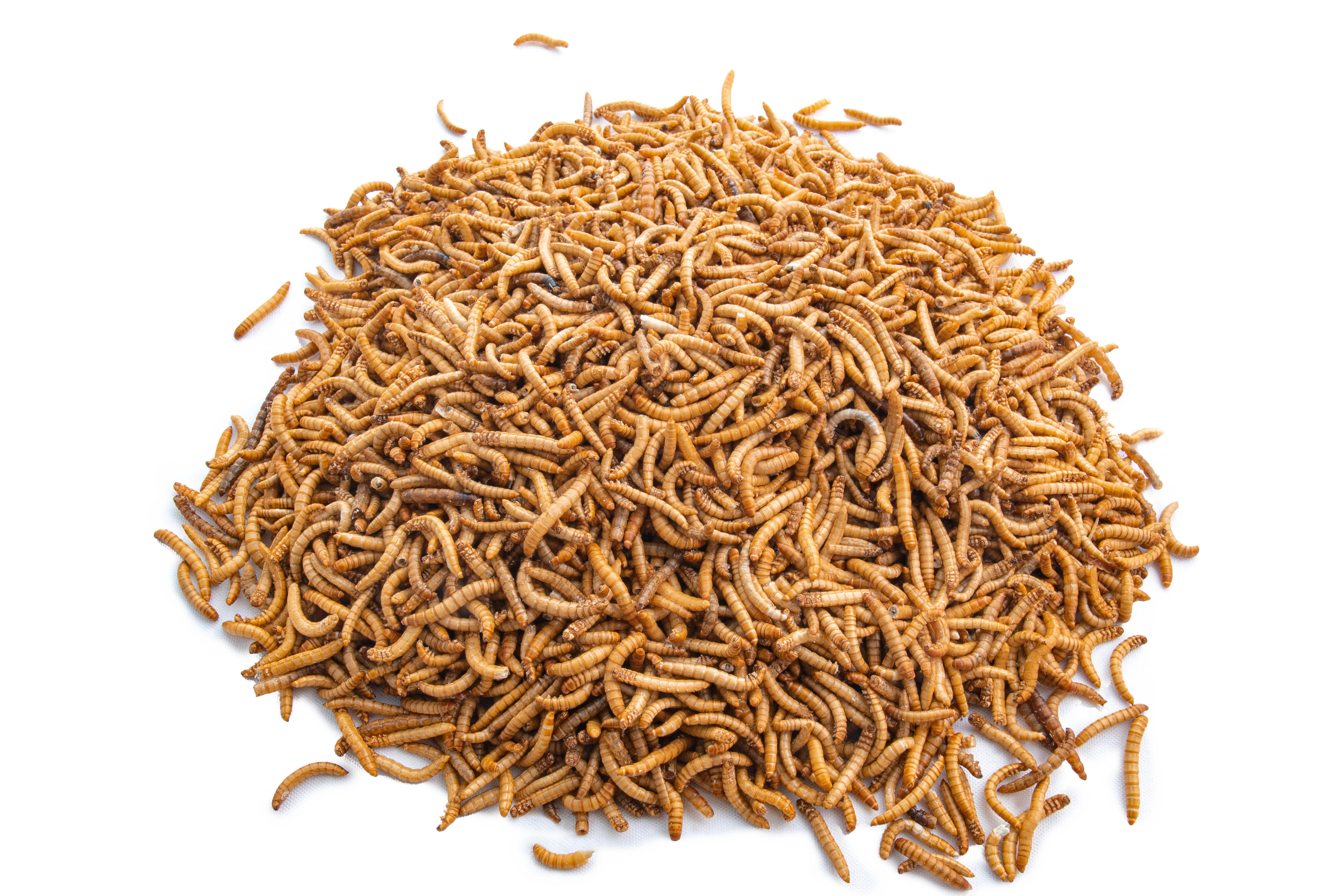
Mealworms are small, yellow larvae and the juvenile form of the darkling beetle.
These larvae are rich in protein and other nutrients, making them an excellent food source for chickens.
Nutritional Profile of Mealworms
Mealworms are a powerhouse of nutrition. They are high in protein, which is essential for the growth and health of chickens.
They also contain fats and fiber, contributing to a balanced diet. Moreover, mealworms are a source of essential vitamins and minerals.
Here is a quick rundown of their nutritional content:
- Protein: Essential for growth and feather development
- Fat: Provides energy and helps with vitamin absorption
- Fiber: Aids in digestion
- Vitamins: Including B12, which supports nerve function
- Minerals: Such as phosphorus, crucial for bone health
Advantages of Mealworms for Chickens
Feeding mealworms to chickens offers several benefits. Their enrichment provides better immune systems and productivity of the flock.
Moreover, chickens love the taste of mealworms, making them a great treat and a useful tool for training or taming your birds.
High Protein Content and Molting
Mealworms are particularly beneficial during molting. This is a period when chickens shed and regrow their feathers, requiring extra protein.
Mealworm protein contains decent levels of leucine, which increases the uptake of calcium. The extra protein content helps chickens regenerate their feathers faster and healthier.
Enhancing Egg Production and Quality
Mealworms can also lead to better egg production. The protein and other nutrients they provide contribute to the health of the laying hens.
As a result, laying hens can produce eggs more consistently. The quality of the eggs, including the thickness of the shell and the color of the yolk, can also improve.
Encouraging Natural Foraging
Mealworms can encourage natural foraging behavior in chickens. This is especially beneficial for free-range chickens.
Scattering mealworms around the yard or coop can keep your chickens active and engaged. It can also help control pests as chickens hunt for these tasty treats.
Mealworms and Chicken Health
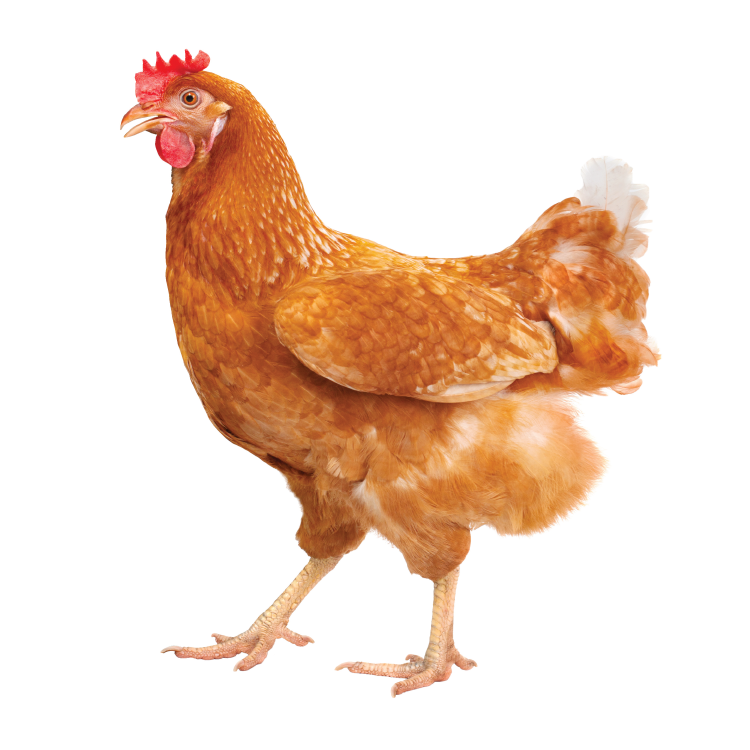
Mealworms contribute to the overall health of chickens. They support the immune system, improve feather quality, and aid in digestion.
In addition, mealworms can be a part of a balanced diet that supports the well-being of chickens. They can help maintain a healthy weight and promote vitality.
How to Feed Mealworms to Your Chickens
You can mix mealworms with other chicken feed. This can be an effective way to ensure that your chickens are getting a balanced diet.
You can also scatter them around the coop or yard. This encourages foraging behavior, keeping your chickens active.
Feeding Recommendations and Practices
Mealworms should not be the main feed. You should use them as a supplement to add extra nutrients and variety to your diet. You should feed mealworms in moderation because too many can lead to overweight chickens.
Also, always ensure that your chickens have access to grit. This helps them digest the hard exoskeleton of the mealworms.
Conclusion 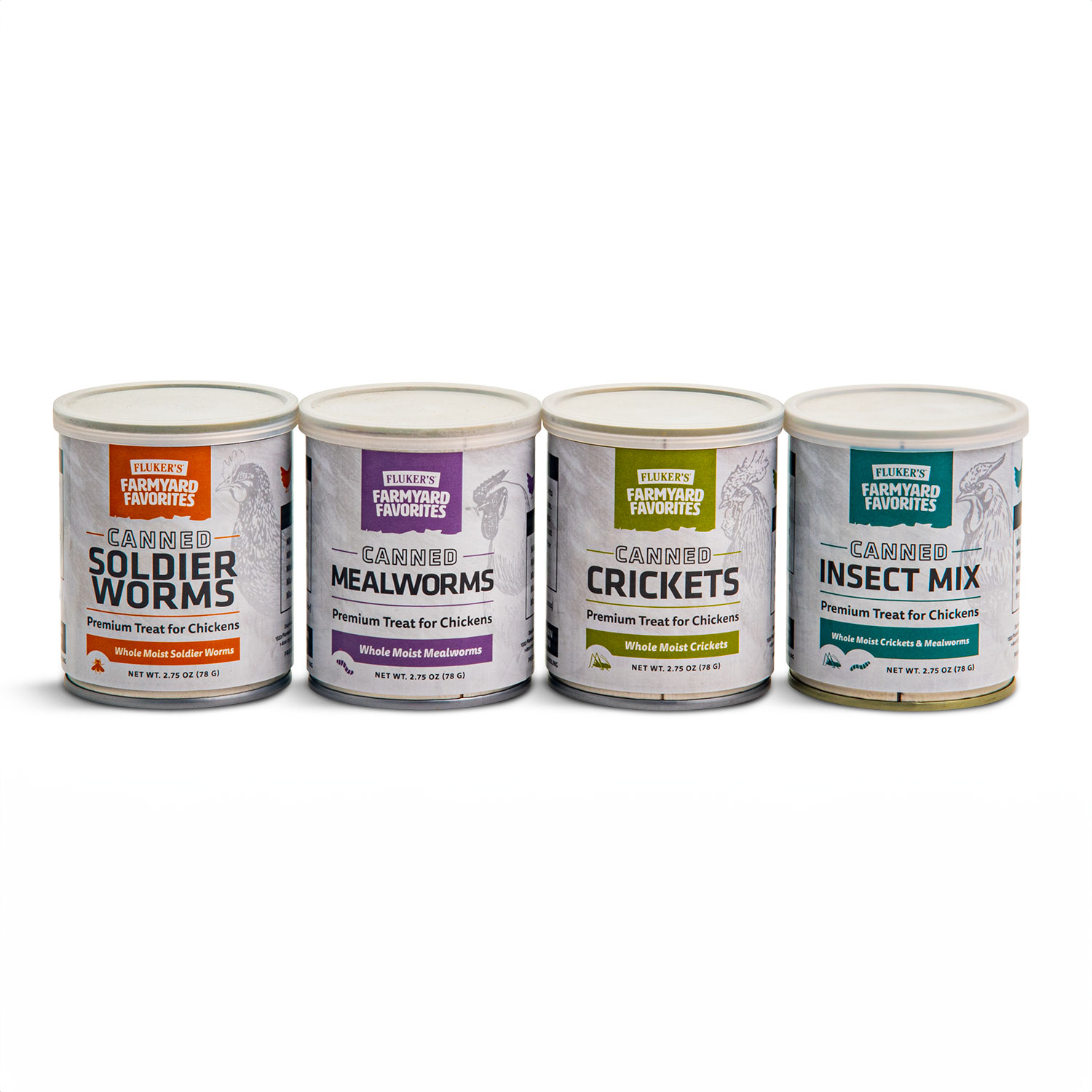
In conclusion, mealworms offer numerous benefits as a part of chicken feed. They provide essential nutrients, enhance egg production, and promote natural foraging behavior. Moreover, they contribute to sustainable and cost-effective poultry farming. Therefore, incorporating mealworms into your chickens' diet can significantly improve their health and productivity.
Fluker's will be introducing our Farmyard Favorite's on our website soon. Subscribe to our newsletter to stay updated.

